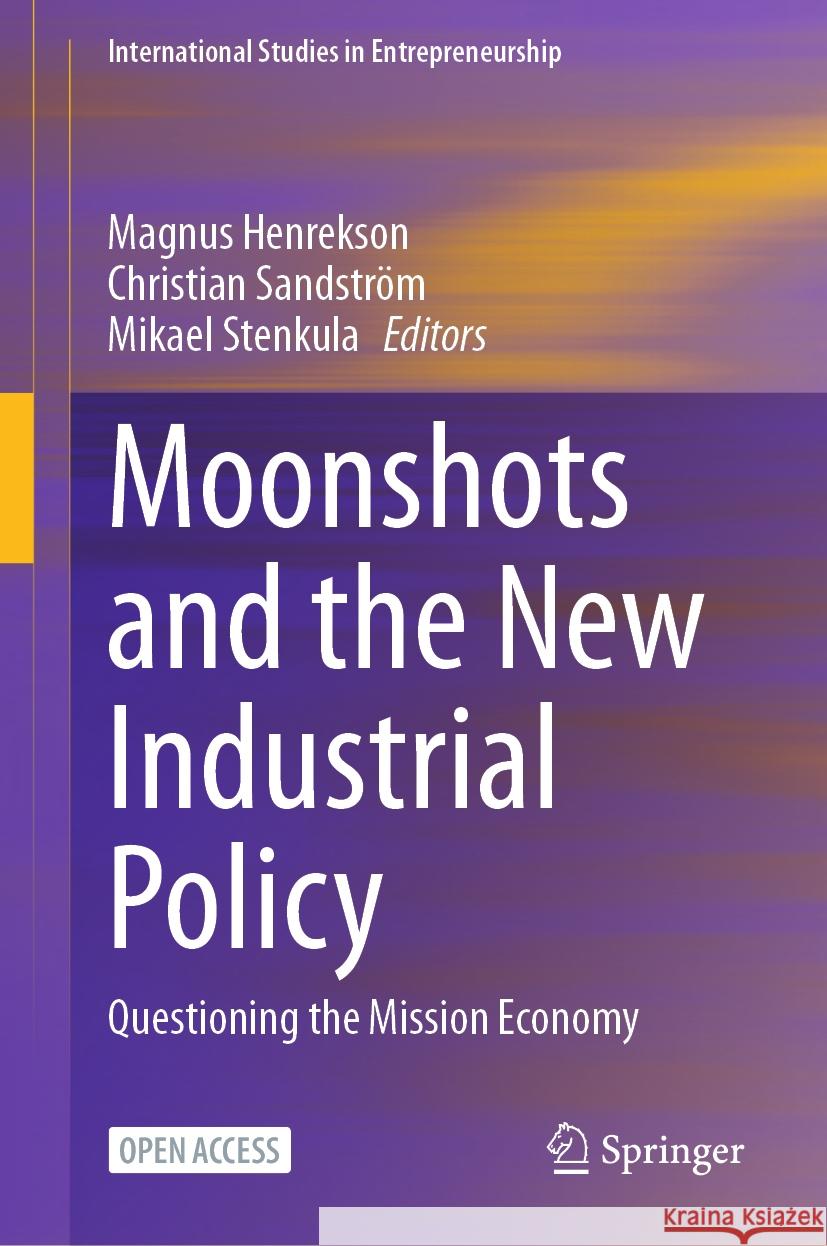Moonshots and the New Industrial Policy: Questioning the Mission Economy » książka
topmenu
Moonshots and the New Industrial Policy: Questioning the Mission Economy
ISBN-13: 9783031491986 / Angielski
Moonshots and the New Industrial Policy: Questioning the Mission Economy
ISBN-13: 9783031491986 / Angielski
cena 160,99
(netto: 153,32 VAT: 5%)
Najniższa cena z 30 dni: 154,18
(netto: 153,32 VAT: 5%)
Najniższa cena z 30 dni: 154,18
Termin realizacji zamówienia:
ok. 16-18 dni roboczych.
ok. 16-18 dni roboczych.
Darmowa dostawa!
Kategorie:
Kategorie BISAC:
Wydawca:
Springer
Seria wydawnicza:
Język:
Angielski
ISBN-13:
9783031491986











